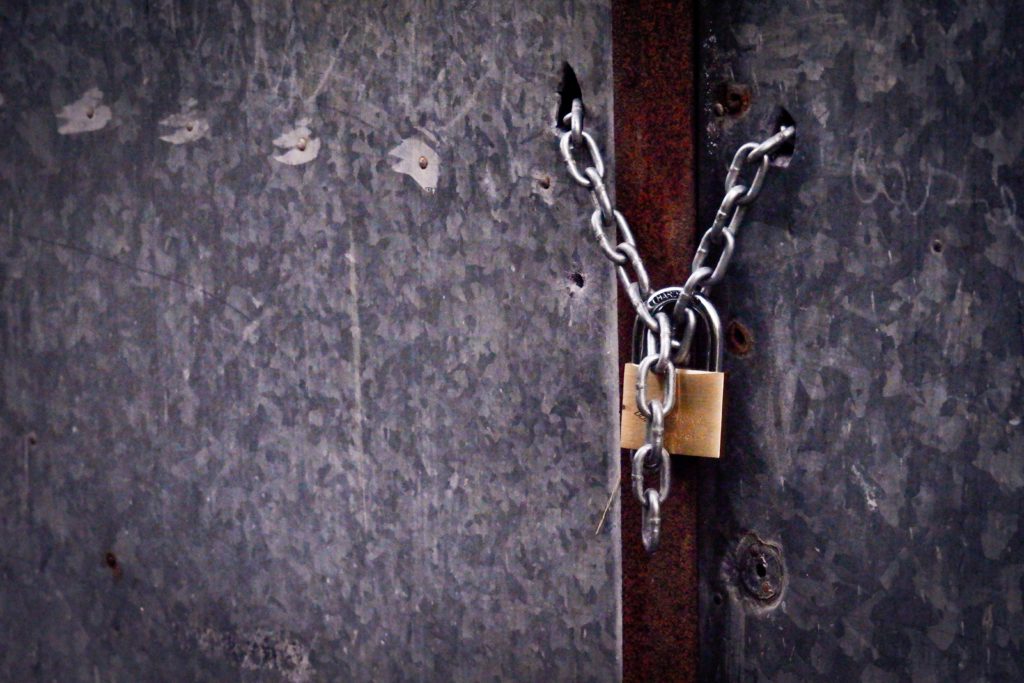FAQs
What are Defences to Forcible Confinement?
Forcible confinement is a serious offence that can lead to lengthy jail sentences.
However, being charged and being convicted are two different things. Several viable defences can be employed to defend the charge, depending on the unique circumstances of your case.
Let’s take a look at what needs to be proven for a criminal confinement conviction, as well as what the best defences are and the penalties for a conviction.

What are the main elements of a charge of forcible confinement?
According to section 279(2) of the Criminal Code, the crime of forcible confinement occurs when an individual, without lawful authority, confines, imprisons or forcibly seizes another person.
To achieve a conviction, the prosecution must prove the following beyond a reasonable doubt:
- The accused seized another person
- There was the intention to deprive the victim of movement
- The victim was confined, i.e., there was no means of escape
- The confinement was against the victim’s will
The person confined does not need to have resisted for a conviction to follow.
Possible defences to forcible confinement
A charge of forcible confinement is incredibly serious and requires a skilled lawyer to help prevent a conviction.
The first thing your lawyer will do is listen to your version of events and examine the evidence against you, checking witness and police statements, surveillance video, and any other evidence.
If there are any gaps, inconsistencies, or errors with the case as presented by the Crown prosecution, your lawyer may push for case dismissal or for charges to be downgraded.
If the case proceeds to trial, your lawyer will usually identify one of the following defences on which to build your case:
- You had the legal authority to detain someone, e.g., a shopkeeper who suspects an individual of shoplifting
- Justification for confinement – you were in fear of property being damaged or personal injury so you detained the individual as a form of self-defence
- Consent – there was voluntary consent to the confinement
- No confinement – there was a means of escape available that was known to the alleged victim
- Mistaken identity – you were not the person who confined the victim
- No intent – you are accused of helping someone in the commission of the crime but did not know that they intended to confine the victim
Penalties for forcible confinement
In the vast majority of forcible confinement cases, the Crown prosecution will seek a jail term. Even though it is treated less harshly than kidnapping, the penalties are still severe.
According to the Criminal Code, anyone convicted of forcible confinement may be subject to an indictable or summary conviction (a “hybrid” offence).
An indictable offence carries a term of imprisonment not exceeding ten years. Additionally, offenders must submit a sample of their DNA to the national DNA database and will be banned from possessing firearms for at least 10 years.
The offence often accompanies other offences, so the total sentence may extend well beyond the penalties paid for the confinement crime.
A summary conviction comes with lesser penalties. Sometimes, for a first offence with mitigating circumstances and an experienced criminal defence lawyer representing you, jail time can be avoided. The crime may be downgraded so that you don’t serve time behind bars but in the community instead.
However, if a dangerous weapon or firearm was used in the commission of the crime or you have recent additions to your criminal record, do not expect any leniency from the justice system in Alberta. The prosecution will push for a lengthy jail sentence.
If the offence is committed for the benefit of, at the direction of, or in association with, a criminal organization, you may face the prospect of life in prison.
Do not take any chances with this offence. Take prompt legal advice to prevent unnecessarily harsh consequences for your immediate and long-term future.
Call us to arrange a confidential consultation
To speak with Cory Wilson or arrange a free, no-obligation consultation with Wilson Criminal Defence, call 403-978-6052 or email us here.